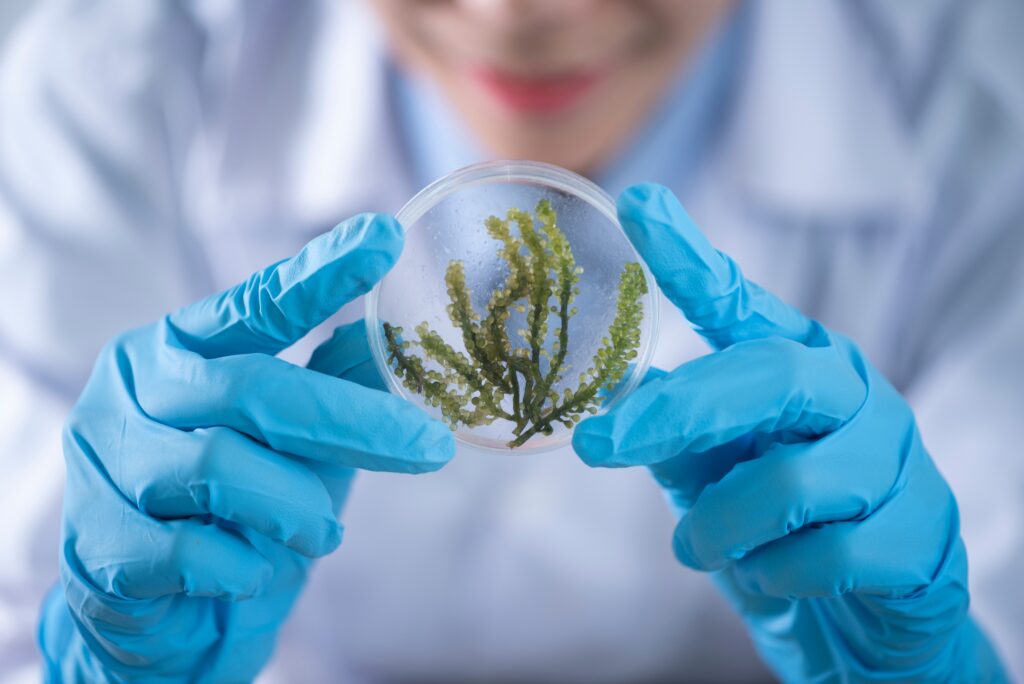Introduction
Are you passionate about the environment and curious about how it works? Well, a Bachelor of Science in Environmental Science (BSc Environmental Science) could be the perfect academic path for you. In this blog post, we’ll uncover the various facets of BSc Environmental Science.

Understanding BSc Environmental Science
BSc Environmental Science is a three-year undergraduate program that focuses on the study of the environment and the multiple factors influencing it. It involves exploring the physical, chemical, and biological aspects of our environment and understanding how they interact. If you’re passionate about making a difference and contributing to environmental conservation, this course is a fantastic choice.
Eligibility for BSc Environmental Science
Before we dive deeper, it’s essential to understand the eligibility criteria for this course:
- The primary requirement is that you should have completed your 10+2 with Physics, Chemistry, and Biology.
- A minimum score of 50% in these subjects is generally necessary.
- Some colleges might conduct an entrance examination to assess your suitability for the course.
Top Colleges for BSc Environmental Science in India
India is home to numerous prestigious colleges offering a BSc in Environmental Science. Here are some of the top ones:
- Amity University, Noida
- Delhi University, Delhi
- Bangalore University, Bangalore
- Bharati Vidyapeeth Deemed University, Pune
- JSS Academy of Higher Education & Research, Mysore
Choosing the right college is crucial, so make sure to research each institution’s specific offerings and requirements.
Course Curriculum for BSc Environmental Science
The BSc Environmental Science curriculum is designed to provide a solid foundation in environmental studies. Here’s a brief snapshot of what you can expect to study:
- Fundamentals of Environmental Science: This module introduces you to the basics of environmental science, including its various sub-disciplines.
- Environmental Chemistry and Microbiology: This section delves into the chemical and microbiological aspects of the environment, helping you understand its complex dynamics.
- Environmental Biotechnology and Bioinformatics: Here, you’ll learn about the applications of biotechnology and bioinformatics in environmental science, an essential aspect of modern research and conservation efforts.
- Environmental Impact Assessment and Auditing: This part of the course equips you with the skills needed to assess and audit the environmental impact of different activities and industries.
- Natural Resource Conservation: This module focuses on the conservation of natural resources, teaching you about various strategies and techniques used to preserve our environment.
Career Prospects After BSc Environmental Science
Once you’ve completed your BSc in Environmental Science, you’ll have several exciting career paths to choose from:
- Environmental Scientist: In this role, you’ll use your knowledge and skills to study the environment and develop solutions to environmental problems.
- Conservation Hydrologist: As a conservation hydrologist, you’ll focus on the management and conservation of water resources.
- Environmental Analyst: In this role, you’ll analyze environmental data and use it to inform policy decisions and conservation efforts.
- Environmental Educator: As an environmental educator, you’ll have the opportunity to teach others about the importance of environmental conservation.
- Environmental Policy Specialist: In this role, you’ll work on developing and implementing policies aimed at protecting the environment.
Conclusion
In conclusion, a BSc in Environmental Science is an excellent choice for anyone passionate about understanding and protecting our environment. With the growing awareness and need for environmental conservation in India, there are numerous career opportunities in this field.
Remember to research each college and course thoroughly before making your decision. The path you choose today will shape
